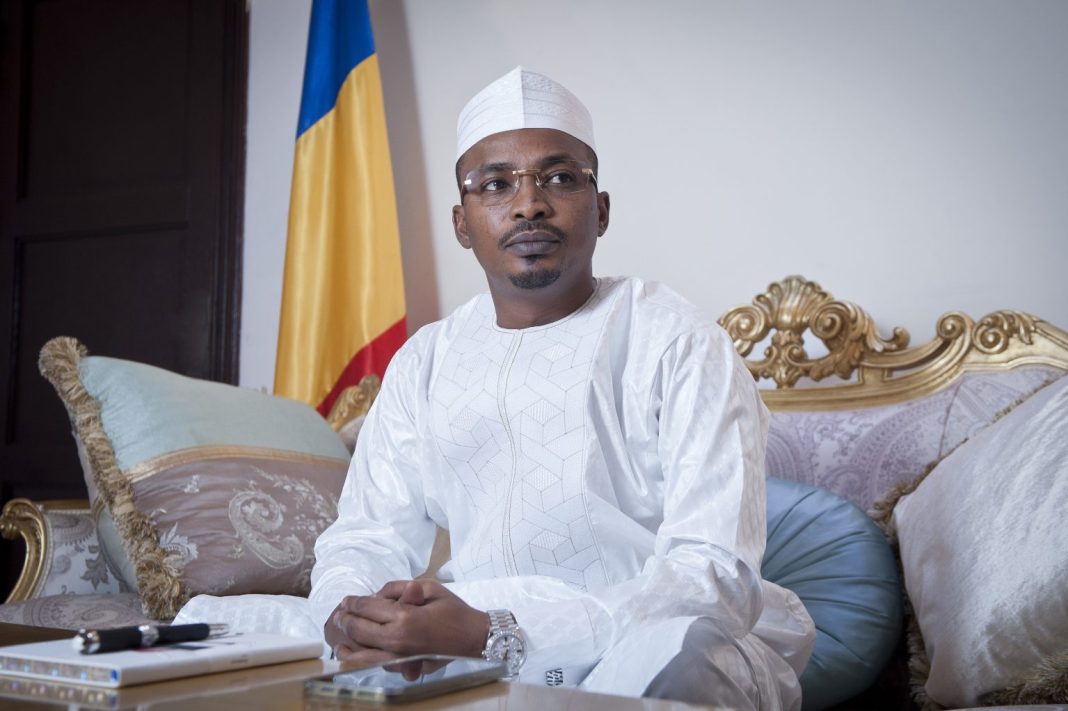N’DJAMENA, Chad – President Mahamat Idriss Deby Itno of Chad has warned of a potential withdrawal of Chadian troops from the Multinational Joint Task Force, MNJTF, citing concerns over the coalition’s effectiveness against a resurging Boko Haram insurgency.
The announcement followed a deadly attack by Boko Haram militants on Chadian soldiers stationed in Barkaram, near the Lake Chad border, on October 27, 2024.
The assault led to multiple casualties, prompting the President to directly oversee military operations in the region.
A statement from the Presidency’s Director General of Communication, Hassan Abdelkerim Bouyëbri, revealed President Deby’s frustration with the task force, which he argues lacks coordinated action against Boko Haram.
He expressed concerns that the MNJTF, which includes military units from Benin, Cameroon, Chad, Niger, and Nigeria, may be losing its strategic focus in the fight against terrorism.
President Deby Takes Charge at the Frontline
Since arriving at the frontline on October 28, President Deby has taken swift action to respond to the threat.
He has overseen the proper burial of fallen soldiers, arranged medical care for the wounded, and established a local command center to coordinate counter-terrorism efforts in the Lake Chad area.
During his visit, President Deby announced the launch of Operation Haskanite, a targeted campaign aimed at locating and neutralising Boko Haram militants.
He also outlined plans to adapt Chad’s defense strategies to counter the insurgents’ asymmetric tactics and reinforce border security.
Despite the nation’s pivotal role in regional counter-terrorism, the President remains resolute that Chad’s involvement in the MNJTF must serve its national security interests.
The MNJTF’s Mission and Challenges
The MNJTF was formed in 1994 with an initial focus on combatting cross-border armed banditry in the Lake Chad Basin.
In 2012, its mandate expanded to include counter-terrorism operations against Boko Haram and other militant groups destabilising the region.
The task force, supported by the African Union’s Peace and Security Council, has undergone multiple reorganisations to adapt to evolving threats.
However, with Chad now questioning the coalition’s unity and efficacy, its future as a collective security framework may face challenges.
As Chad reassesses its commitment, President Deby has underscored his primary obligation to ensure the safety and security of the Chadian people.
His decision could significantly impact the ongoing efforts to stabilise the Lake Chad Basin, a region long plagued by Boko Haram violence.







